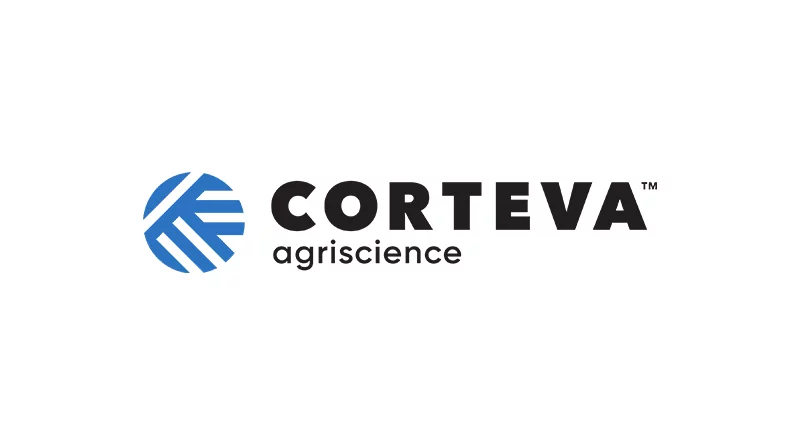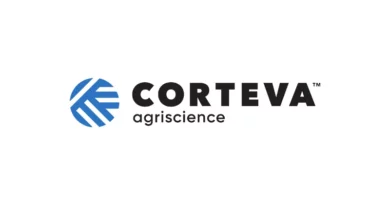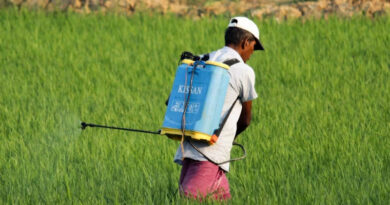Protecting the Future of the American Farm
23 September 2023, US: This year, American farmers will once again produce more than 550 million tons of corn, wheat, soybeans, rice, fruit, and vegetables, making the American farm the most productive in the world. The food they produce is part of a complex, global system that helps feed not only 330 million Americans, but also more than eight billion people around the world.
This remarkable achievement is made even more extraordinary when you consider that our farmers have done this despite the historic storms, floods, droughts and heat waves of recent years: in fact, American farmers produce 300% more per acre today than they did 70 years ago, allowing hundreds of millions of acres to remain out of production, which in turn delivers significant energy, biodiversity and climate benefits.
This is a great American success story – and like many such stories, it has innovation at its heart. Agricultural innovation, including that brought to market by our company, Corteva, encompasses everything from more drought-resistant seeds to insecticides that better protect soil while still ridding crops of pernicious pests. And it is critical to the future of American farming.
Agricultural innovations take decades of research and testing and hundreds of millions of dollars of investment to bring to market. For example, a single crop protection product takes an average 13 years to reach market, a biotech trait takes almost 16 years and a new seed product can take seven years. As the joint pressures of a growing population and climate change add to the already-significant pressure on American agriculture, we need to increase both our investment in innovation and its speed to market.
Corteva alone already invests nearly $4 million every single day on research and development, and we plan to increase that investment in years to come. Companies like ours are willing to make these kinds of investments of time and dollars not only because we want to contribute to the world around us, but also because we know that if our product is effective, it will serve farmers well and we can recoup our investment – and reinvest in the next game-changer.
Unfortunately, our ability to invest and deliver such advances for American farmers is at risk on a variety of fronts. The need to better protect intellectual property is one: today, bad actors are trying to skirt the law so they can steal American technology. Our industry may not be alone in voicing such fears, but theft is a particularly insidious threat in agriculture because the nature of our business is biological: for example, proprietary genetics and traits are part of every seed product we develop, making them especially vulnerable to illegal copying.
To protect American competitiveness – and the future of the American farm – the government needs to significantly strengthen enforcement of its intellectual property protections. American companies of every size need meaningful reassurance that competitors, foreign or domestic, can’t steal or unethically benefit from the decades-long investments companies like ours have made: Washington seems to need reminding, these days, that the value of the innovation is not predicated on the size of the company that delivered it – or the industry it’s in. Agricultural innovation is as critical to our future as any in the software industry.
We need to pass and enforce strong laws that incentivize continued, significant investment in the productivity of American agriculture – in part by protecting the access to innovative products that are the direct result of significant, sustained investment.
And finally, those laws need to ensure we have the ability to follow bad actors beyond our borders. When protected technology is improperly taken from the United States to another country, U.S. law can and should prevent use of that technology – including future iterations of it – wherever it lands.
Since the birth of this country, farming has been at the center of the American dream – my family has been farming for six generations, so I can speak personally to the many sacrifices this country’s farm families make to put food on our table. But like any dream, its continued success will require more than hard work and sacrifice. It will also need good old-fashioned American ingenuity – and prescient investment to bring that ingenuity to fruition.
Each of these, in turn, need sustained support from our government – and for the agricultural industry as well as for the American farmer, it can’t come soon enough.
Also Read: IRRI scientist honored with Borlaug Field Award for her work on farmer engagement and empowerment
(For Latest Agriculture News & Updates, follow Krishak Jagat on Google News)














